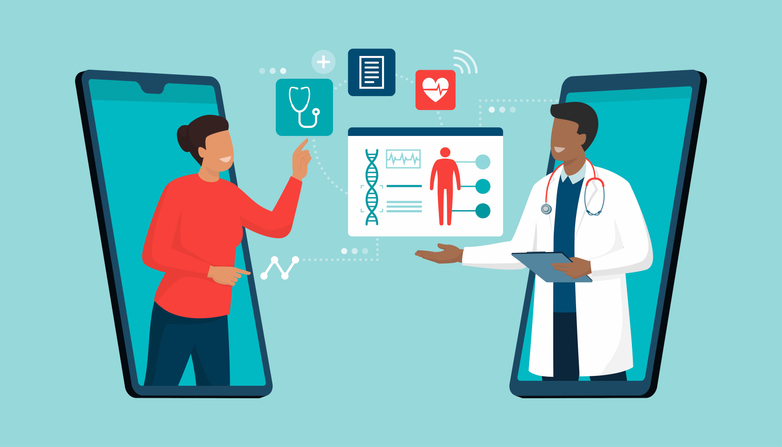Wearable Health Monitoring and Evaluation in Digital Learning
This research aims to enhance healthcare systems through the integration of AI, remote health monitoring, and personalized care, leading to cost-effective and user-friendly solutions for diverse populations. It enables real-time monitoring, predictive analytics, and accurate diagnosis, improving patient care and resource allocation.

Empowering individuals through wearable health monitoring and AI integration, this research revolutionizes healthcare by delivering cost-effective, personalized care and real-time monitoring for enhanced well-being in digital learning environments.
Students : Adarsh Pandey (IIIT-Delhi)
Superviser : Dr Jainendra Shukla (IIIT-Delhi)
It is essential to prioritize the development of healthcare systems that are cost-effective and user-friendly, catering to the needs of individuals across diverse demographics.
The integration of artificial intelligence (AI) with remote health monitoring, alongside non-invasive wearable sensors and advanced communication technologies, presents numerous advantages.
- Intelligent Data Analysis: AI algorithms can analyze health data in real time, providing valuable insights and enabling early detection of potential health issues.
- Personalized Care: AI-driven systems can adapt to individual health patterns, offering personalized recommendations and interventions for improved well-being.
- Optimal Resource Allocation: AI can optimize the allocation of healthcare resources by identifying high-risk individuals and allocating appropriate medical attention efficiently.
- Predictive Analytics: Leveraging historical health data, AI models can predict health conditions, enabling proactive intervention and preventive measures.
The integration of AI with remote health monitoring empowers healthcare professionals with real-time monitoring and diagnosis capabilities, leading to enhanced patient care.
Ongoing personal projects include:- Stress Prediction: By analyzing Galvanic Skin Response (GSR) values and employing AI techniques, stress levels can be predicted, facilitating early interventions and stress management strategies.
- Vertigo Diagnosis: Through the analysis of pupil movement patterns and the application of AI algorithms, Vertigo, particularly Benign Paroxysmal Positional Vertigo (BPPV), can be accurately diagnosed, allowing for timely treatment and improved quality of life.